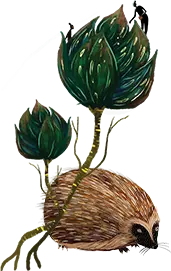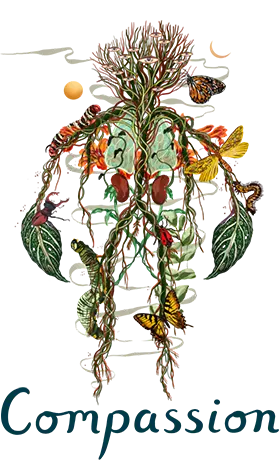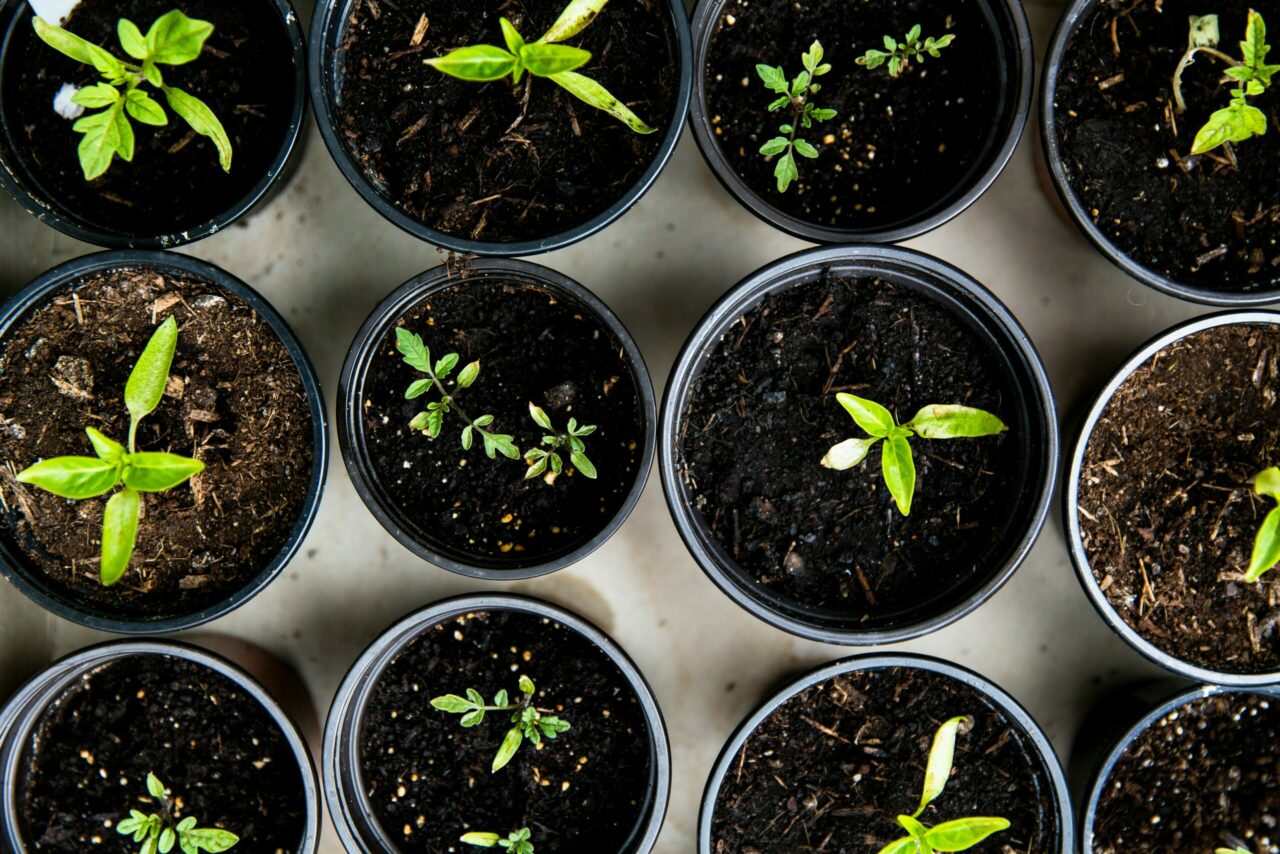
Seed Sovereignty: What is it? Why is it important?

When we sat down for a chat with ReWild Yourself Champion and Regenerative Systems thinker, Kai Njeri, one of the many fascinating topics discussed was Seed Sovereignty. It is an idea of vital importance, addressing a range of issues, from colonisation, to climate change, so we figured we would take a deeper dive…
You can watch more of our lovely interview with Kai here.

What is Seed Sovereignty?
Kai has her own unique, Nature-centric take on seed sovereignty (more on that later), but traditionally seed sovereignty is about the right of the farmer to grow, save, exchange and sell their own seeds. This seems fundamentally reasonable, but unfortunately we live in a world where this concept, and the seed sovereignty movement, is actually quite radical.
A large majority of seeds that are used globally are now the property of a small number of major agricultural/seed corporations. Many of these seeds are patented, genetically modified, and closely controlled by these organisation, which are often backed up by huge legal and financial resource. These have been heavily pushed and promoted to farmers globally (many would say unethically).
If a farmer grows a patented seed, it is often illegal for them to collect and replant those seeds. Instead, they would have to pay for another license to use them again. The result is that farmers are essentially powerless and often slaves to the whims and variances of the market and corporations who own the seeds. Many indigenous, and heritage seed varieties have gone extinct and with them a huge amount of seed diversity, food culture and history.
It’s not just corporations that exhibit control over what farmers can legally grow either. In Ghana, Liberia and Sierra Leone for example, in exchange for financial aid from the World Bank, governments have introduced laws that prevent farmers from choosing what seeds they can plant on their own land.
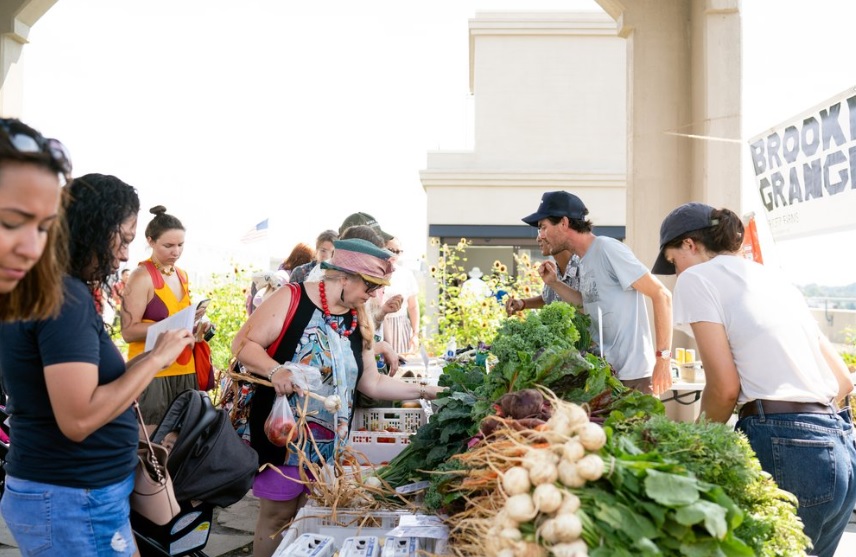
Many of the seeds being developed, sold and promoted are high yield, disease resistant, with enhanced vitamins and minerals. The companies developing, producing and selling them claim that these patents are vital to protect their return on investment, enabling them to continue to research and develop seeds (products) which contribute to global food security.
Some would argue that the practice is doing the exact opposite, driving small scale farmers out of business, threatening food security and also hindering independent crop research. There is much out there to read on the subject to make up your own mind. It does come down to a central question though, of ownership and autonomy…should we really be patenting our food and the natural world, with private companies controlling what gets grown, by who, when and how?
“The good patent gives the world something it did not truly have before, whereas the bad patent has the effect of trying to take away from the world something which it effectively already had.”
American patent lawyer, Giles Sutherland Rich
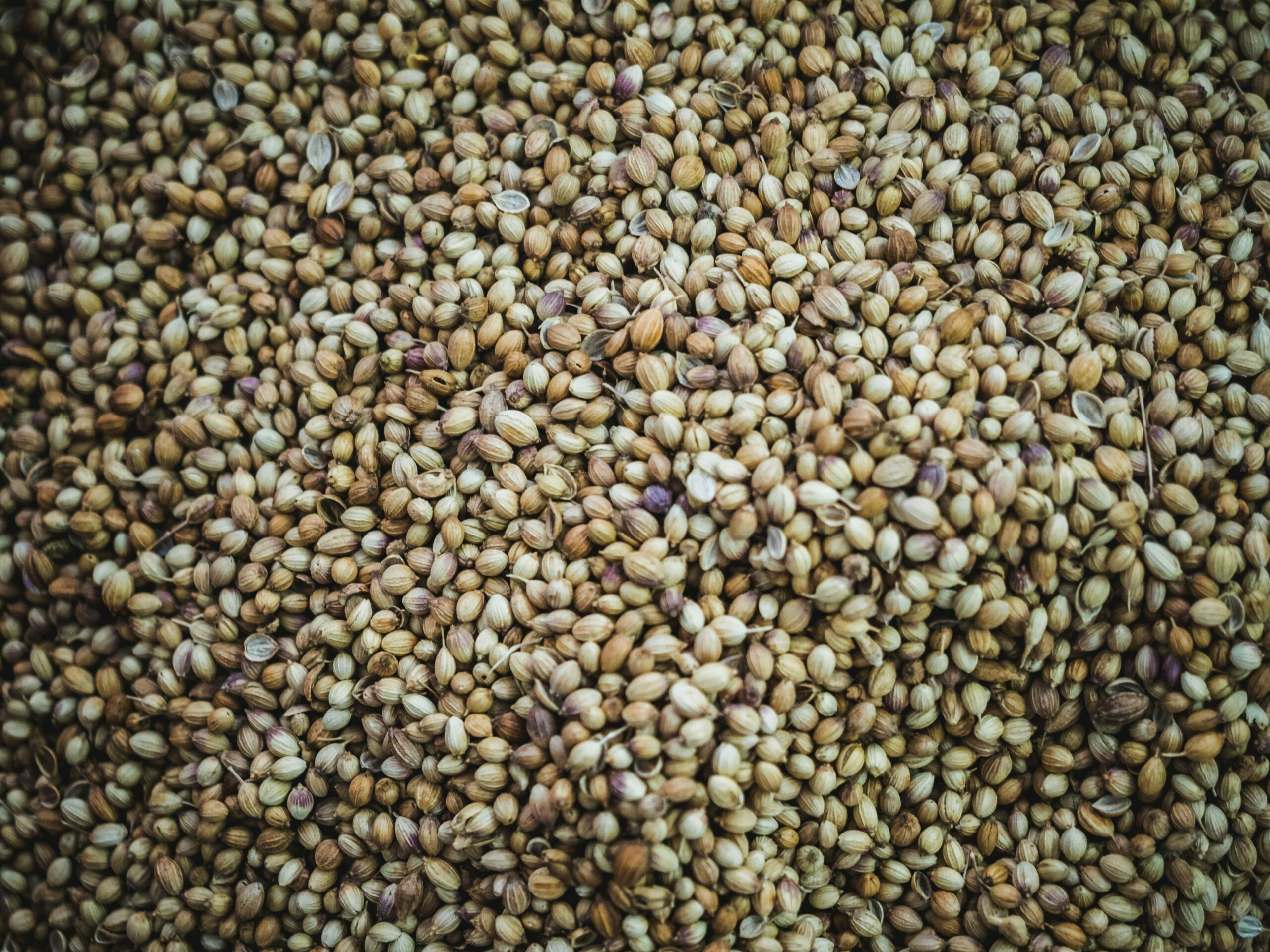
Why it matters
The wonderful animation below, by the Gaia Foundation, using voices of seed custodians from around the world, answers this question beautifully.
Seed Sovereignty is about reclaiming seeds and biodiversity as commons and public goods, rather than private or state ownership.
There are various reasons why it matters:
Loss of seed diversity
By encouraging farmers to use a variety of crops and a diversity of seeds, and giving them the means to collect, save, experiment and grow their own seeds, we maintain and increase crop diversity. This helps increase local adaptation to ecological and climatic conditions, which is especially important in our changing planet. Increased seed diversity can improve both local and global resilience and food security.
Too much power in too few hands
Currently, just four companies control 50% of the seed market. It means that that just a handful of people and businesses control over half of the most precious resource needed to feed the world. These large agribusinesses prioritise crops that are most likely to return larger profits, compared to small scale farers, who will select and prioritise seeds and crops that are most desired, needed, ecologically and culturally appropriate to where they live.
This focus on a smaller and smaller number of crops means that of the 6,000 edible plant species that we have cultivated over centuries, only nine crops now account for 65% of the food we are consumed. This lack of diversity, sovereignty and local autonomy, leaves us vulnerable to global shocks, such as the Ukraine / Russia war.
Empowering women
Women account for almost half of the world’s small-scale farmers, and in Africa they produce 70% of the food eaten across the continent. In many instances they have carried out the vital role of seed saving, serving as custodians of this valuable resources. This provided an empowering role within many communities.However, the monopolisation of the seed market by large agribusinesses, as well as changing seed laws, has severed many women’s access to seeds. In many instances, cultural barriers and lack of access to finance inhibit them visiting markets to purchase commercial varieties, which themselves are often not the varieties desired for home use. The result is a significant disempowerment, which a seed sovereignty movement would help reverse.
Expensive ‘extras’ with corporate seeds
There are often short term gains that comes from switching to commercial seeds, such as higher initial yields than the farmer’s own varieties. This certainly makes them very appealing. What later transpires is that these high yields often depend on the use of expensive inputs, like fertilisers and pesticides. It can trap farmers in an expensive spiral of spending and debt. These chemicals can also be extremely damaging to the environment, as well as human health. Pesticides are responsible for as many as 385 million cases of poisoning and at least 11,000 deaths each year across the world.
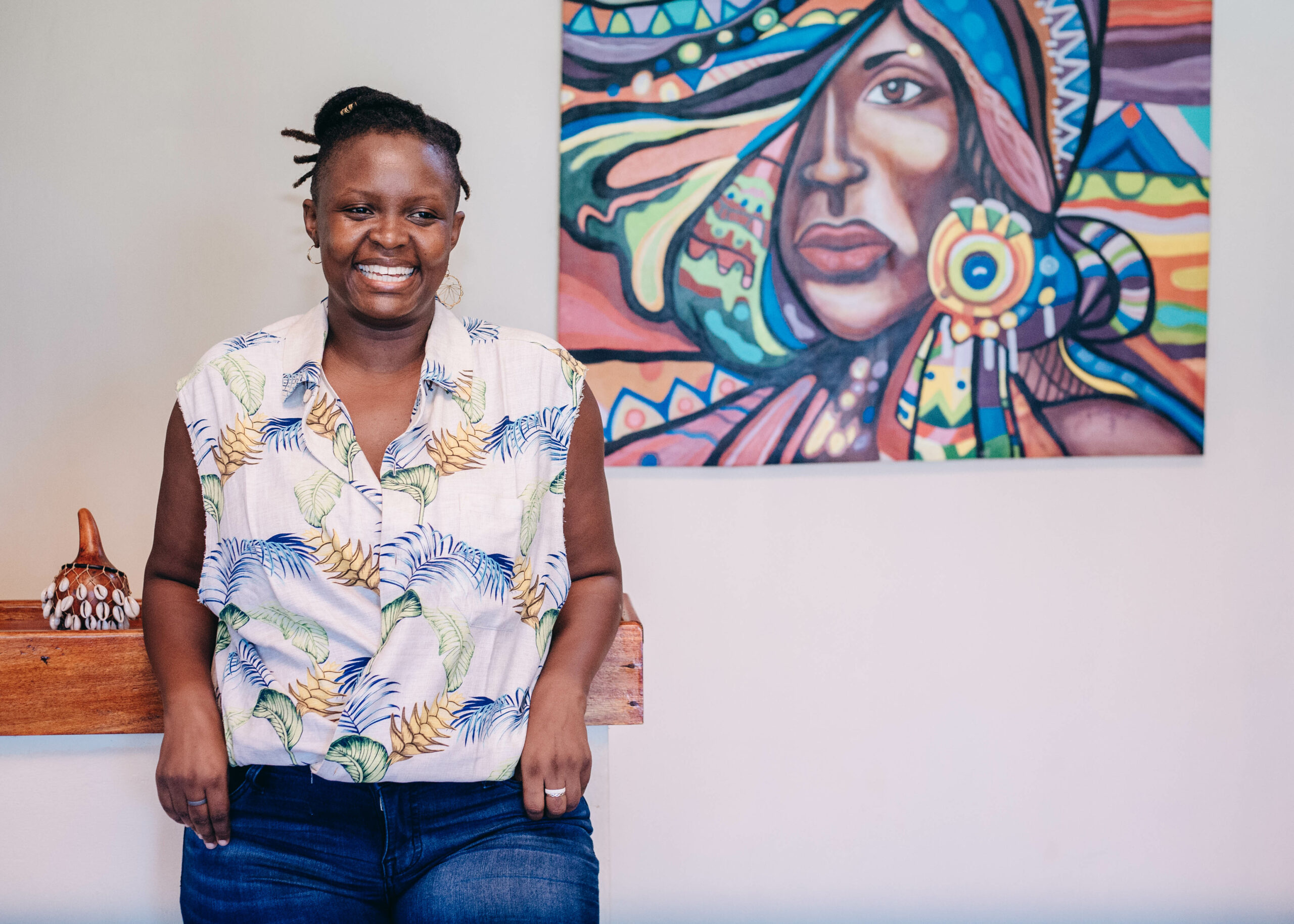
Some key initiatives
These have been taken largely from the fantastic Shado article on Seed Sovereignty, which I highly recommend reading.
La Vía Campesina (LVC)
La Vía Campesina (LVC) is the largest peasant movement in the world, representing over 200 million people in the fight for food sovereignty. They are largely responsible for popularising the term “seed sovereignty” in the late 2000s. LVC does a lot of work at the international level to embed collective seed rights into governance mechanisms such as the UN.
Civil society organisations
Organisations such as Alliance for Food Sovereignty in Africa (AFSA), GRAIN, and ETC Group have been fighting for decades to advocate for issues surrounding seeds and biodiversity, working to protect farmers’ traditional seed systems and realise food sovereignty more broadly.
Grassroots organisations
Many of the efforts to reclaim seed are emerging from the grassroots. For example, Debal Deb, a scientist and farmer based in Odisha, India, has created a collective living seed bank called Vrihi, where he has conserved over 2,500 Indigenous rice varieties at risk of becoming extinct.
The Gaia Foundation
The Gaia Foundation’s Seed Sovereignty Programme is creating a biodiverse, ecologically sustainable and resilient seed system in the UK and Ireland. They provide advice and support, run events and training, to support the production of organic and open pollinated seeds, grown locally to reflect and adapt to our diverse growing conditions.
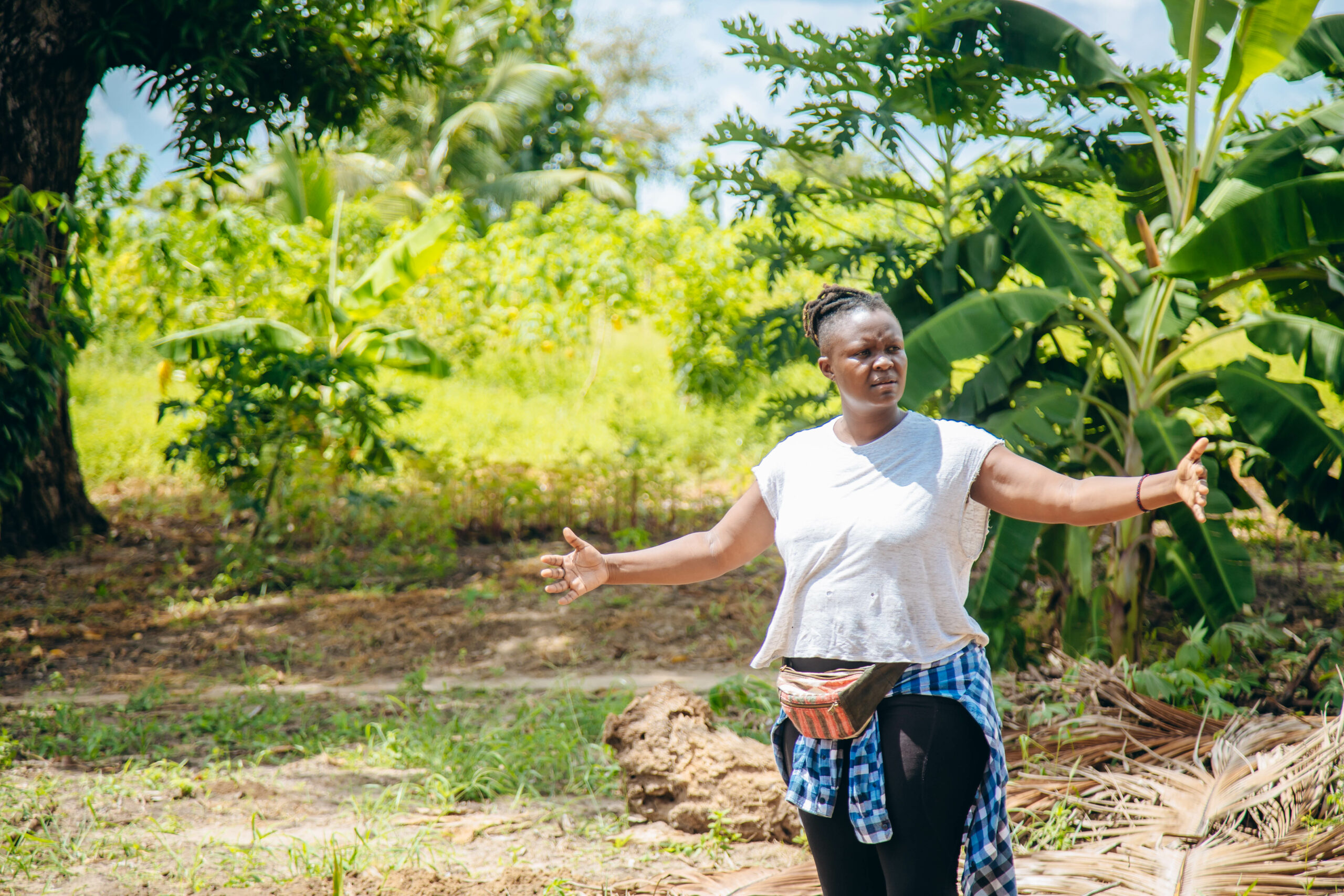
Kai’s take on Seed Sovereignty
In our conversation with Kai Njeri, she beautifully articulated an alternative take on the idea of seed sovereignty, one that is less anthro-centric and instead places the seed as the central focus.
“The seed in its self is sovereign, therefore the farmer that interacts with that seed, needs to do so in a way that honours it.”
Kai argues that seeds themselves have naturally evolved a plethora of ways to disperse and propogate, from insect vectors, to being carried on the wind or stream, and that our role is to support that by maintaining natural systems in which they will thrive. This is an argument for biodiversity over monocultures, healthy soil ecosystmes over chemical inputs, natural health and nutrition over genetic manipulation and synthetic enhancement. In short it is an argument for food systems which reflect natural ones, to create conditions within which the seed can ‘be itself’, be sovereign.
What Can I do?
The fundamental practice at the heart of the seed sovereignty movement is seed saving. This is something that anyone can do who has access to a garden or local green space.
The Gaia Foundation have created a great introduction to seed saving, with instrcutions on how you can get started. Check it out below.


Join Our Community...
Sign up for stories, tips and inspiration from around the globe.


